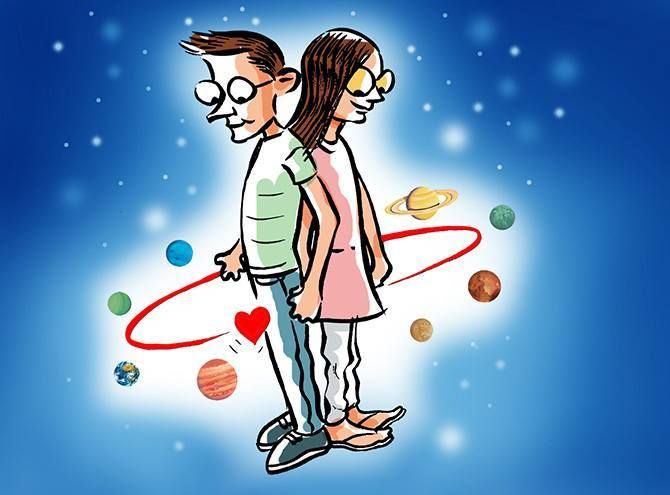Relationship advice from psychologist and 'Marriage 101' course teacher Alexandra Solomon.

All of us have heard about those couples who stick together through thick and thin, supporting each other when the going gets rough.
Now, Alexandra Solomon, a psychologist at NorthwesternUniversity who teaches a course called 'Marriage 101' and author of the recently published book titled Loving Bravely, believes the trick lies in looking for a partner who is relationally self-aware.
She tells The Independent that 'external trappings' -- think jobs, income, appearance -- tend to 'come and go'.
She says, 'When I get laid off or when you get transferred, you want somebody who has the tools that it takes to sit in all of that complexity of: How do we value your job needs versus my job needs? What comes up in me when you tell me that you want to move us across the country? How do we work shoulder-to-shoulder, side-by-side on that kind of stuff? That to me is far more important than the job description somebody has.'
But how can you gauge someone's relational self-awareness level when you have only begun dating?
In an article in Psychology Today, Solomon recommends noticing how your date responds to 'minor frustrating moments' like a waiter who serves a wrong dish, or a driver who cut them off.
In the article, Solomon also suggests paying attention to how the person talks about their past relationships.
She tells The Independent, 'People who don't have much relational self-awareness tell stories (especially love stories) that are full of blame and shame. They tend to cast themselves as victims and other people as suckers, losers, or fools.'
On the other hand, a relationally self-aware person might say something like, 'It wasn't the right time for us,' or 'It was painful, but I learned from the experience.'
As Solomon puts it, they can appreciate the 'shades of gray'.
'Without relational self-awareness, what happens is I slip into blame, I see it as your fault because I'm blind to my own role in it -- or I slip into shame because I'm not paying attention to your role and I'm convinced that I'm the problem and I ruined the whole thing,' Solomon notes.
Solomon concludes that it's pretty useless to try to 'get' your partner to become more relationally self-aware. 'A better bet is to try working on your own relational self-awareness and act as a role model for them.'











 © 2025
© 2025